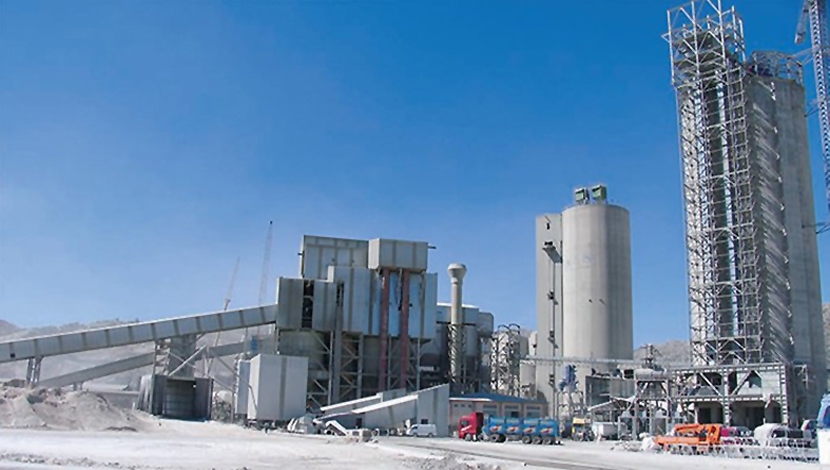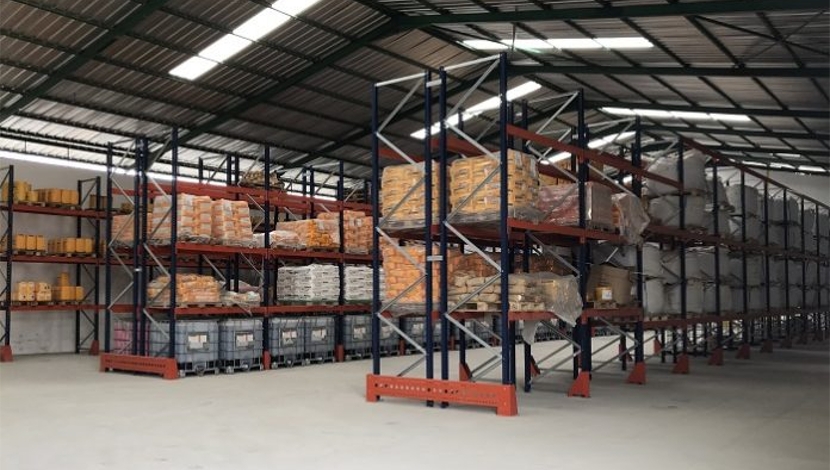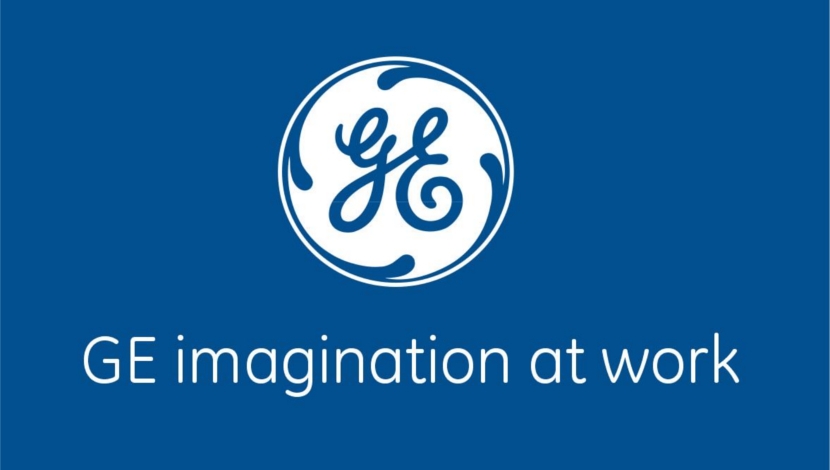

Kenya’s sixth cement maker, Savannah Cement, has begun production at its Athi River EPZ-based plant ahead of official commissioning by President Kibaki before year-end.
Savannah Cement has already started receiving orders for export to Tanzania, Uganda, Burundi, and South Sudan, an official said yesterday. Regional sales are expected to take up 80 per cent of production as the firm is based in an Export Processing Zone.
The Sh8.5 billion factory has an annual production capacity of 1.5 million tonnes with an expansion allowance to double this. The total cost for phase two, including setting up a clinker plant, is Sh16 billion.
“Production at the plant is already ongoing and we will be servicing regional orders beginning next week,” said Benson Ndeta, the Savannah Cement chairman.
“We have delayed delivery as we had not received the diamond mark of quality from the Kenya Bureau of Standards. We got the quality mark last week and we are now fully ready.” Savannah is a 40:40:20 JV between Savannah Heights, a consortium of local investors, Wan-Ho, a Chinese investment firm, and Acme Cement, also from China.
Its entry into the Kenyan cement market signals fresh pressure for operators already feeling the pinch after the launch of Mombasa and National Cement firms.
The three new firms have invested massively in a sector traditionally controlled by three firms — Bamburi, EAPCC, and Athi River Mining.
“Local demand for cement continues to outstrip supply and the scenario is even worse in the regional market. This is why we have confidently invested heavily in this plant as we seek to secure a sizeable share in both markets,” said Ndeta.
Savannah plant’s production compares well with those of established players such as Bamburi’s 2.3 million tonnes, EAPCC 1.4 million tonnes, and ARM 650,000 tonnes.
A recent report by Standard Investment Bank indicates that new firms have been increasing market share at the expense of large incumbents who have adopted less aggressive expansion strategies.
“Over the next five years we expect market share to shift from multinationals to new, more aggressive, non-listed players,” the report reads in part. “While multinationals accounted for 86.5% of total capacity in 2005, this is expected to dip to 52.2% by 2015.
Timothy Wambu, an analyst with African Alliance, noted that Savannah’s plan to set up a one million per year clinker plant beginning 2013 will go a long way in helping the firm improve on market share.
Currently, Savannah imports clinker, the core input in the manufacture of cement, and is counting on in-house production in the next two years to lower the cost of cement production and increase its margins.





